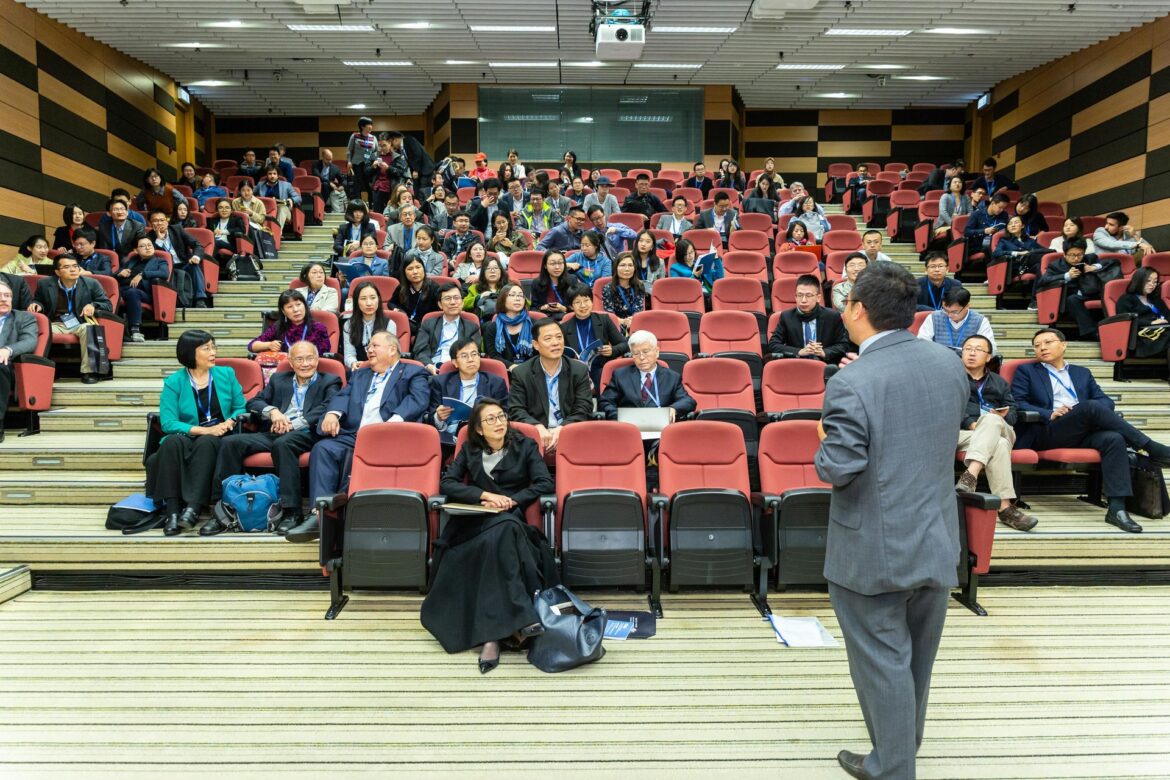Working on and successfully submitting a dissertation is an important task that all early career researchers and PhD students have to complete during their research journey. That is why choosing a dissertation topic is considered to be a vital decision. A carefully considered dissertation topic not only shapes the trajectory …
Researcher Resources
Starting on PhD research is a big step in a researcher’s academic journey, and submitting a research proposal is a significant part of it. Indeed, many PhD scholars seek guidance on how to write a PhD research proposal, which is the foundational document that outlines the scope, objectives, and methodology …
Unlike creative writing or day-to-day writing, academic writing is highly focused on critical analysis, is typically based on research, and adheres to strict academic conventions. In academic writing, every paragraph seeks to serve the purpose of discussing and sharing information on scientific or scholarly topics with a focused academic community. …
A grant proposal for research is like a formal request sent to an organization, asking for money to support a research project. It is a document or a group of papers that explains what the research is about and why it is important. Writing a grant proposal can be tough, …
An abstract in research papers is a keyword-rich summary usually not exceeding 200-350 words. It can be considered the “face” of research papers because it creates an initial impression on the readers. While searching databases (such as PubMed) for research papers, a title is usually the first selection criterion for …
The process of completing a dissertation is no easy task and definitely is not a solitary achievement, as many people contribute to the research project in one way or another. However, researchers often forget or overlook the acknowledgement section in their dissertations. This critical section is usually given less attention …
Do you encounter writer’s block during the first draft of a research paper? Crafting a clear outline from your initial ideas and notes can feel like a daunting first hurdle. Many researchers and students struggle with the initial stages of research paper writing. Uncertainties about content structure, information selection, and …
The Works Cited page is a part of research papers written in the Modern Language Association (MLA) format where all sources used by the author are listed. While writing research papers, authors may consult several sources and use their data or paraphrase parts of the original text. It is essential …
Presenting and submitting conference papers at seminars and academic conferences is a crucial part of academic life, especially for early-career researchers. These events offer attending scholars and researchers a great opportunity to meet and exchange ideas and perspectives on their work. Therefore, when organizers issue a call for submission of …
Academia thrives on the exchange of ideas. Researchers toil away, conducting groundbreaking experiments, formulating intricate theories, and constructing compelling arguments. But these discoveries remain hidden gems unless effectively communicated. This is where academic editing steps in, empowering researchers to share their brilliance with a broader audience. Despite its undeniable importance, …












